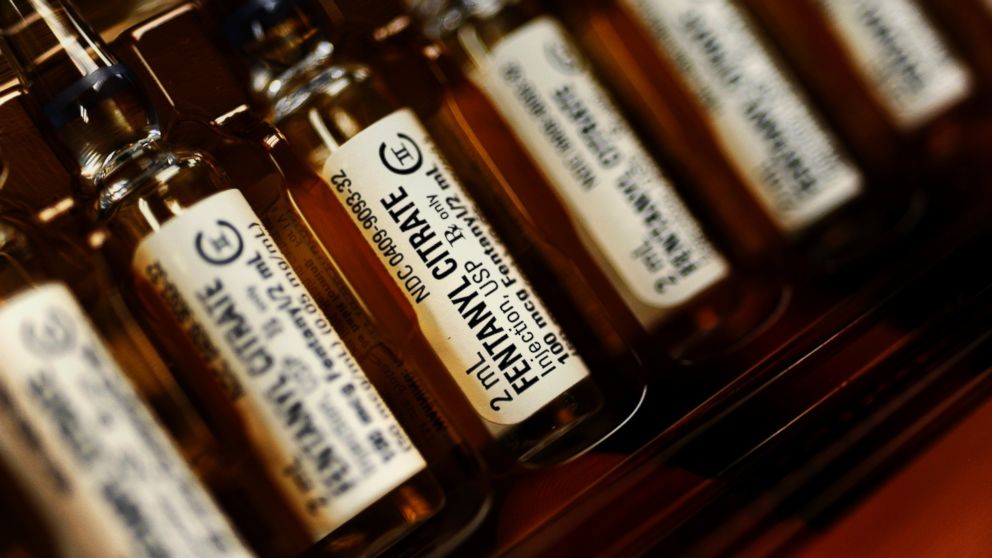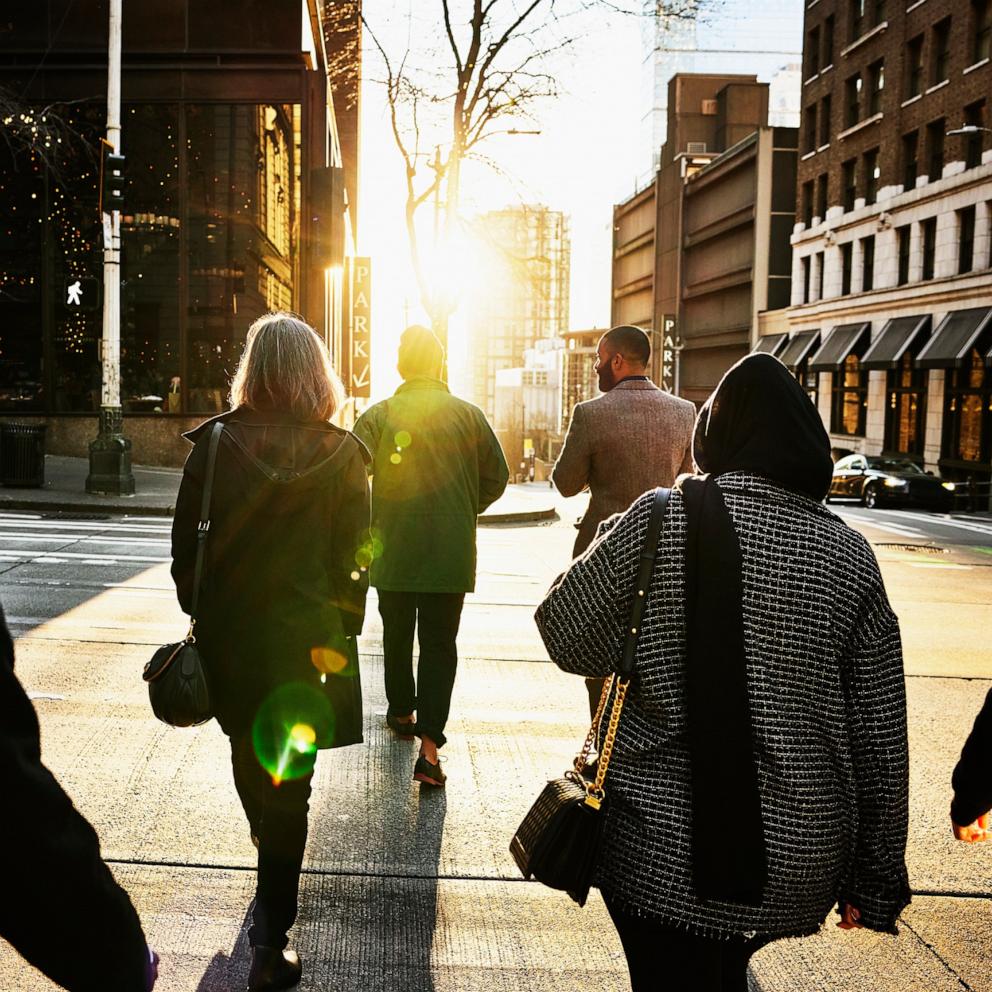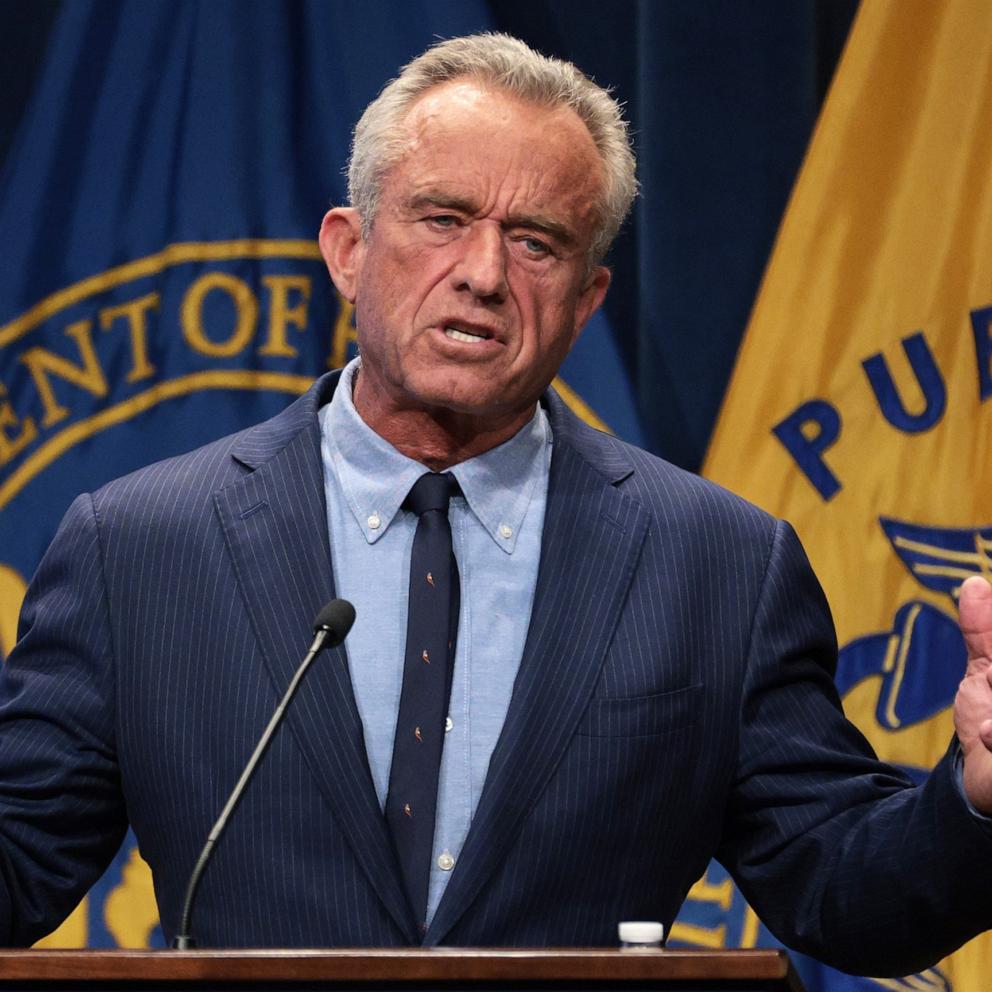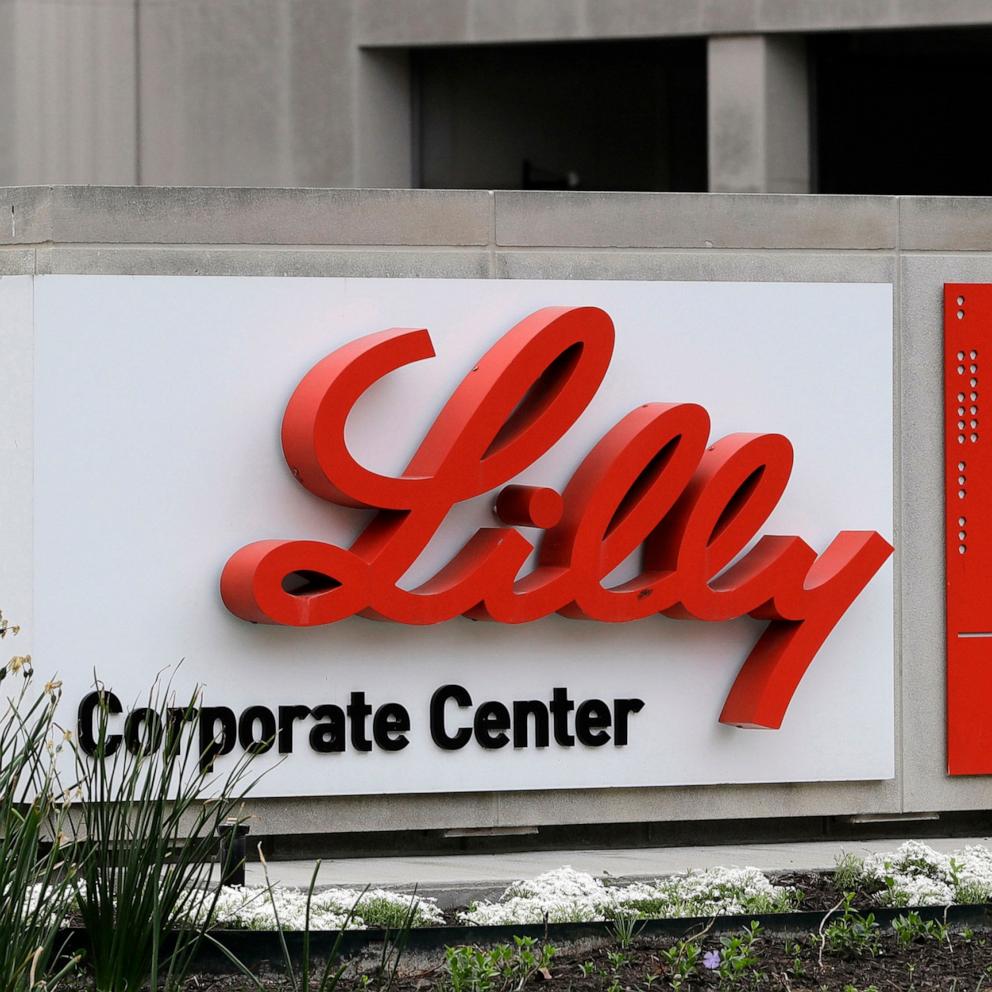Opioid-Related Deaths Reach Pace of 5 Per Day in Massachusetts
— -- As the opioid epidemic continues to spread in the U.S., Massachusetts health officials have reported that at least 1,005 people in the state have died from opioid overdoses in the first nine months of this year. Another 392 to 470 deaths are suspected to be opioid-related during that time period.
This means there are on average approximately four to five opioid-related deaths in the state every day.
The opioid epidemic has continued to worsen in Massachusetts, according to the report issued Monday.
While heroin-related deaths have decreased, fentanyl-related deaths have increased proportionately, according to the Massachusetts Department of Health. Fentanyl is a powerful opioid thought to be significantly stronger than heroin.
“In our commitment to combat the opioid epidemic, we believe the constant release of data is a powerful tool to help us better understand the trends of this public health crisis,” Massachusetts Gov. Charles Baker said in a statement Monday. “We will continue to utilize every tool available from prevention to treatment to break the cycle of addiction to support healthy families and communities across the Commonwealth.”
Massachusetts has been on the front lines of the current nationwide opioid epidemic and opioid-related deaths have increased dramatically in recent years. In 2015, there were 1,574 related deaths, while in 2005 there were just 554 deaths in the state.
“While we continue to see a decline in the number of deaths involving heroin, the data released today are a sobering reminder of why the opioid crisis is so complex and a top public health priority,” Massachusetts Secretary of Health and Human Services Marylou Sudders said Monday. “This is a crisis that touches every corner of our state, and we will continue our urgent focus expanding treatment access.”
There were also some bright spots in the state report.
The report found a decline in the number of patients receiving prescription opioids as compared to the same time in 2015. The health department also highlighted initiatives aimed at fighting the opioid epidemic, including 75 new beds at drug treatment centers, a new online prescription monitoring tool and an order that allows EMTs to give high doses of the opioid antidote naloxone to drug users who have overdosed.
“In the midst of another report showing the toll that opioids are taking, it’s understandable to ask: where are we on the road to a solution?” Massachusetts Department of Public Health Commissioner Dr. Monica Bharel said in a statement. “That is not an easy question to answer in any epidemic, but I find hope in the work of communities across the state to bend the curve of these trends and bring us closer to a solution. We must continue those efforts -- no matter how long it takes.”
The death rate from opioid-related overdoses has increased to 25.8 deaths per 100,000 Massachusetts residents in 2015. That rate is 32 percent higher than it was in 2014. This number is higher than the rate of death for suicides in the U.S., which is 13.4 deaths per 100,000. It's also higher than the rate of death from car accidents, which is 11.1 deaths per 100,000 residents.
The U.S. Centers for Disease Control and Prevention estimates there were more opioid-related deaths in 2014 than any other year on record. Every day, an estimated 78 people die in the U.S. due to opioids, according to the CDC.




